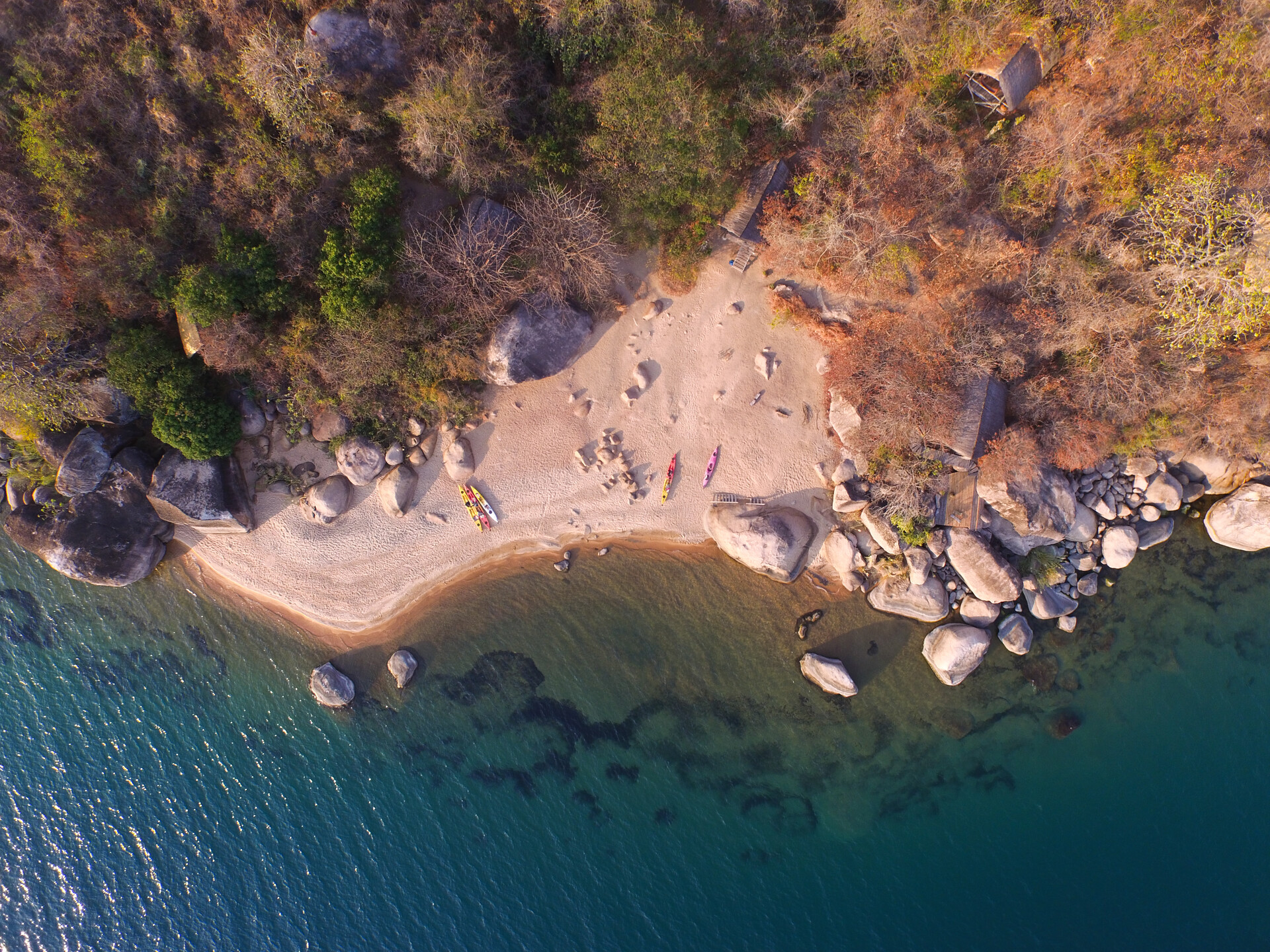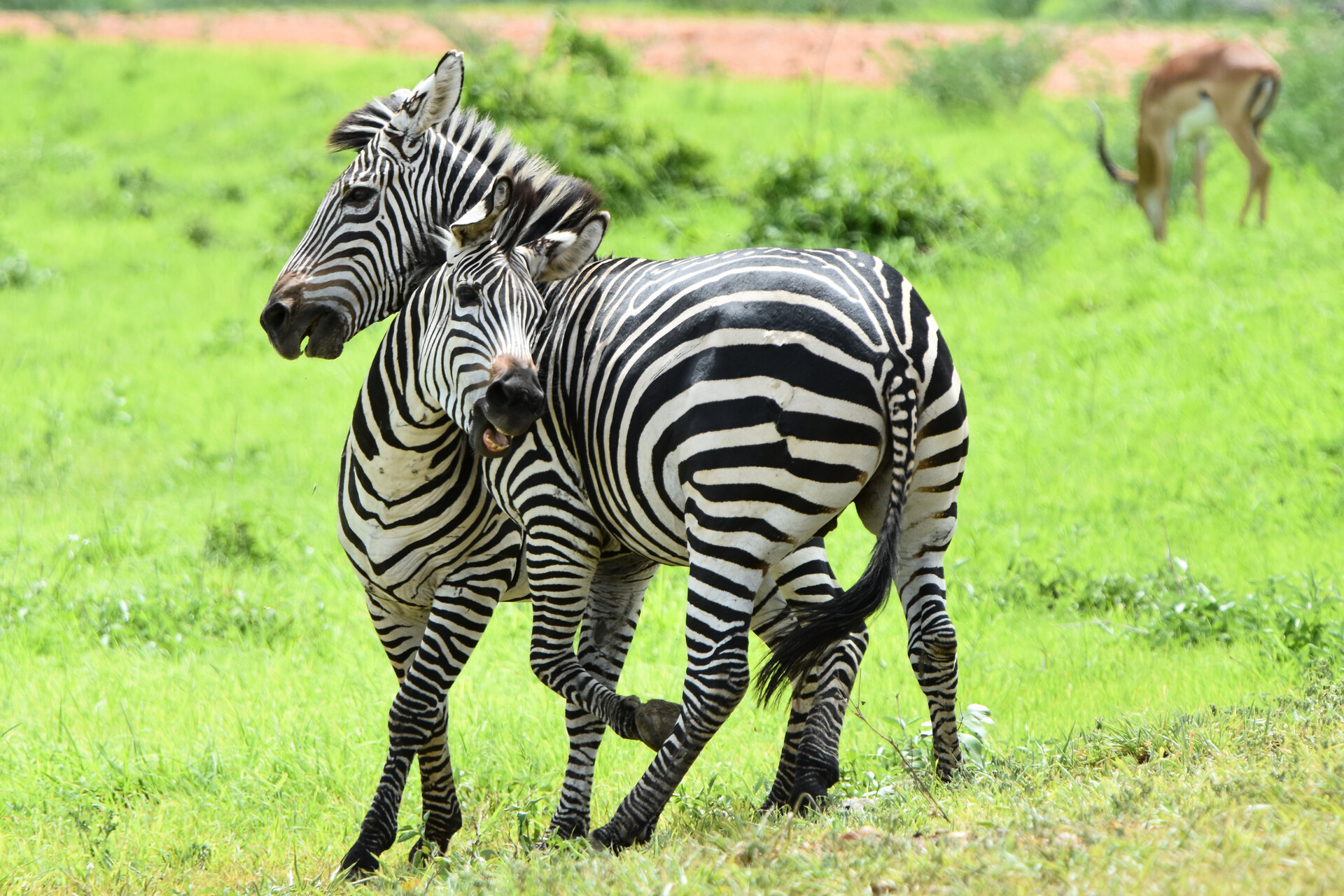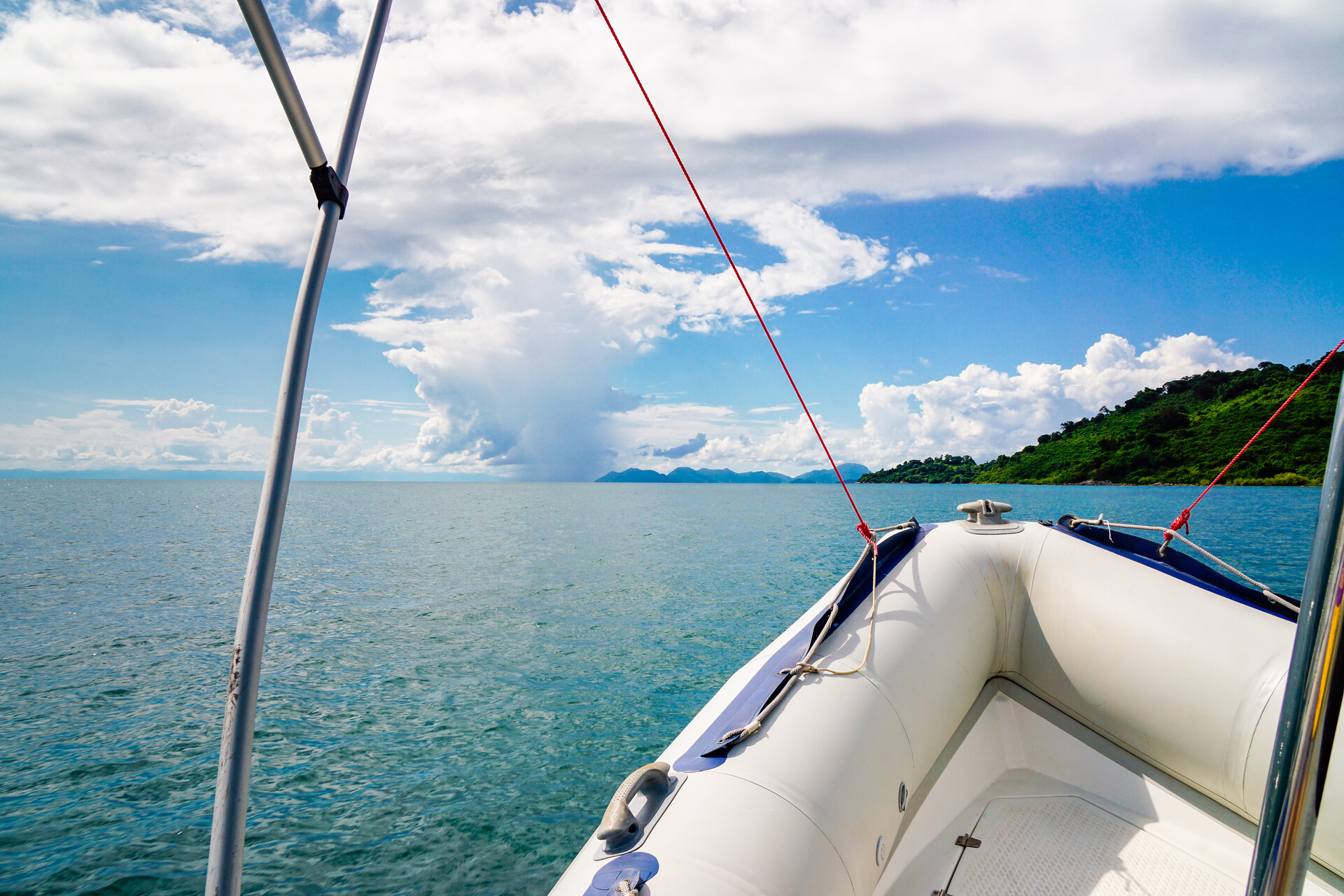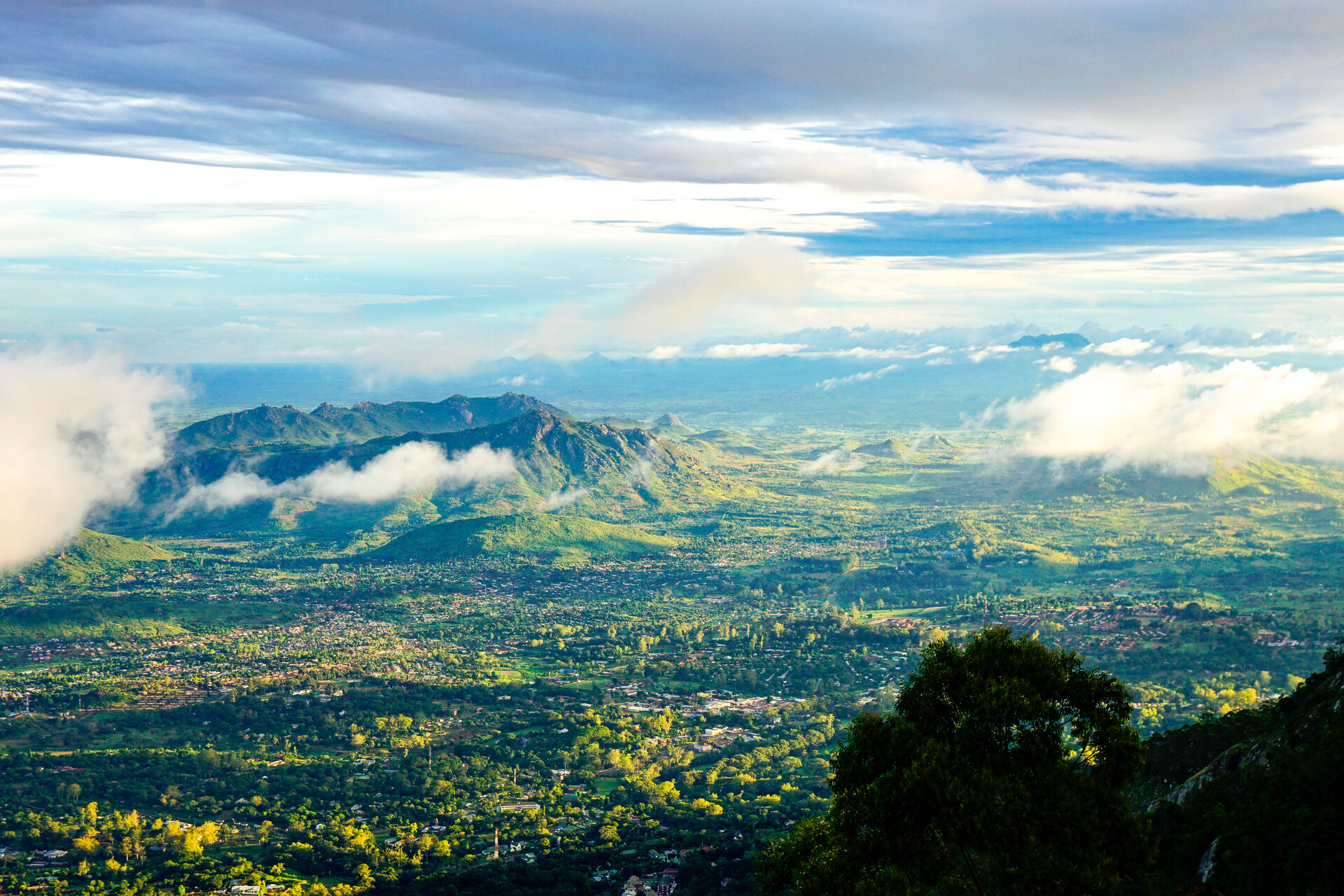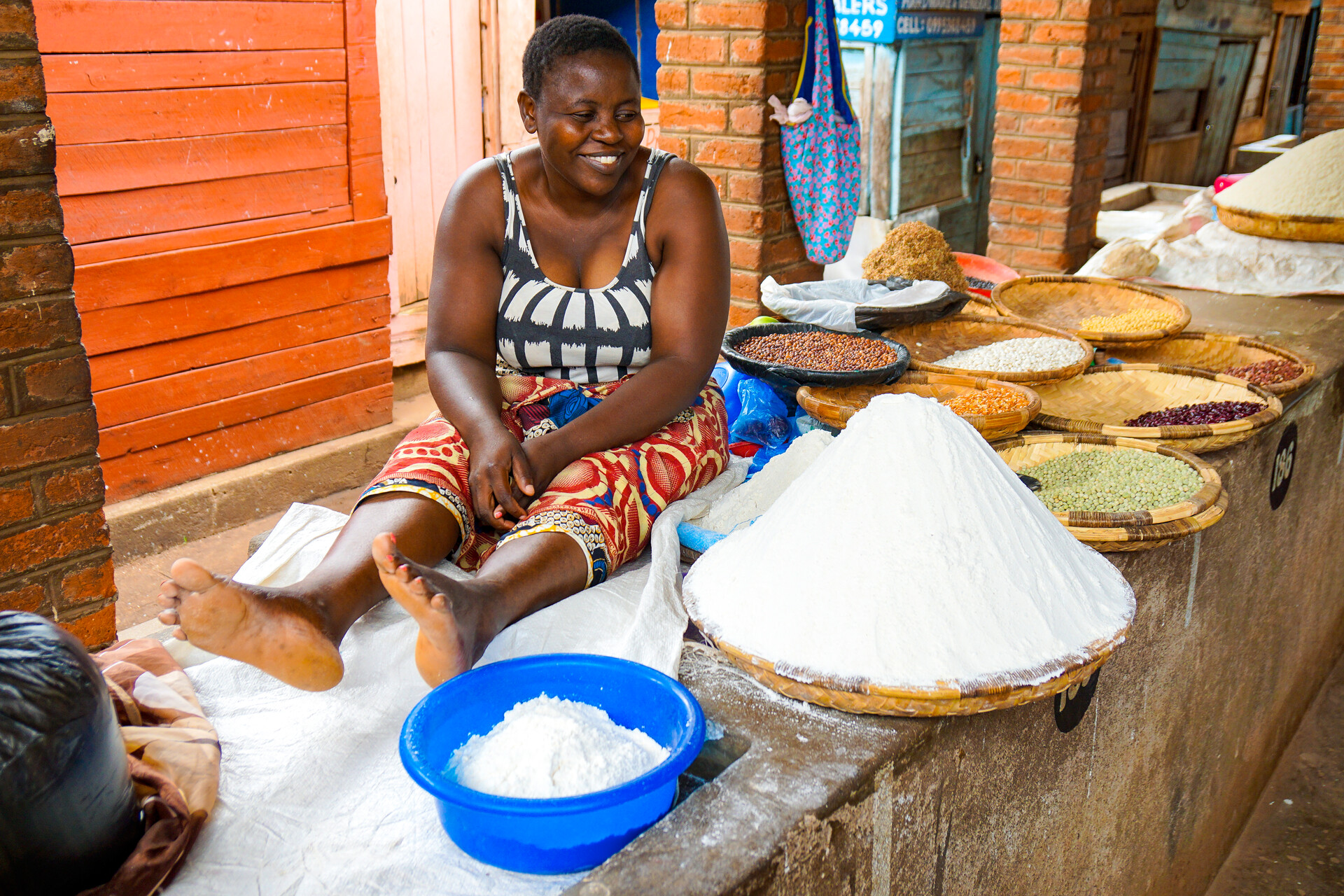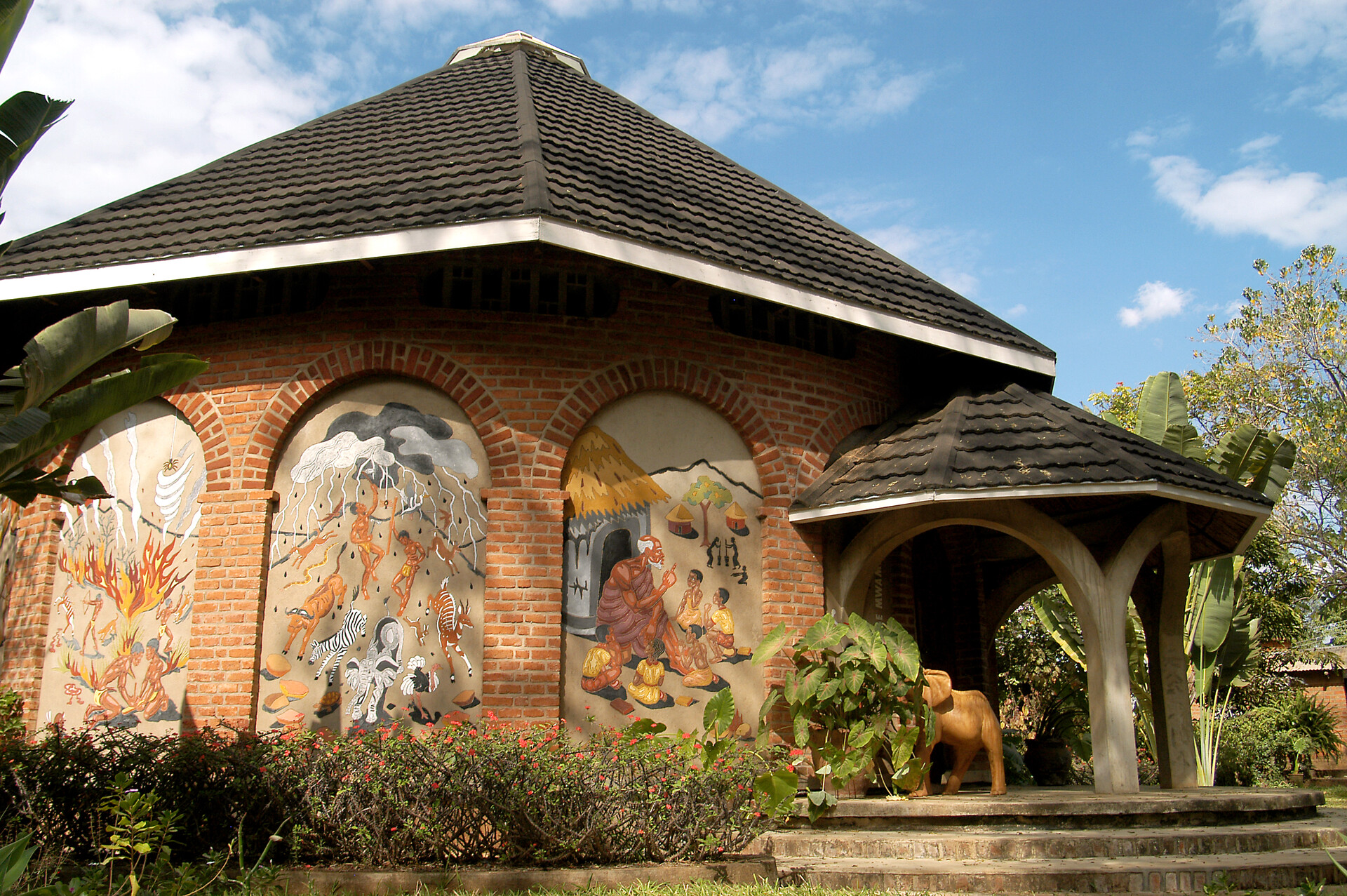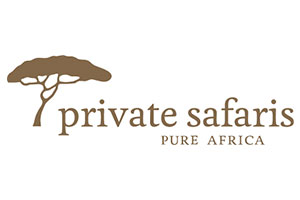Malawi
Travel tips for Malawi
Top 5 Experiences
Malawi, also called the „warm heart of Africa“, fascinates with the following highlights:
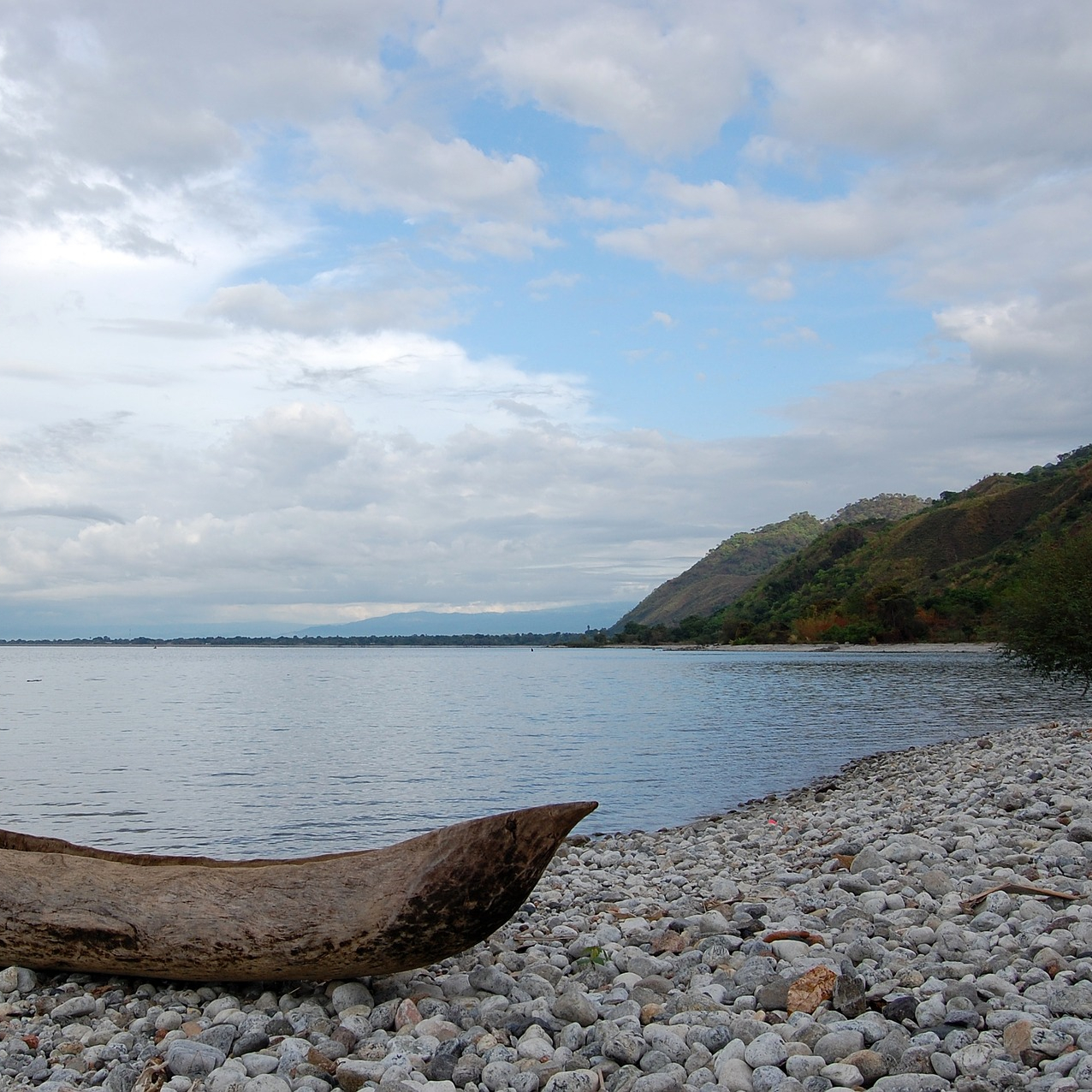
Lake Malawi
The third largest lake in Africa enchants with clear water and pristine beaches. Active people can explore the diverse underwater world while snorkelling and diving, windsurfing and wakeboarding is also possible. Relaxation can be found on the dreamlike beaches or during a boat trip to the islands of Chizumulu and Likoma.

Liwonde National Park
Characterized by dry savannah as well as flood plains, baobabs, palms and mopane trees can be found here. By boat or vehicle a safari to the largest remaining elephant population in Malawi can be done. One can also get close to hippos, leopards, antelopes as well as a remarkable abundance of birds.
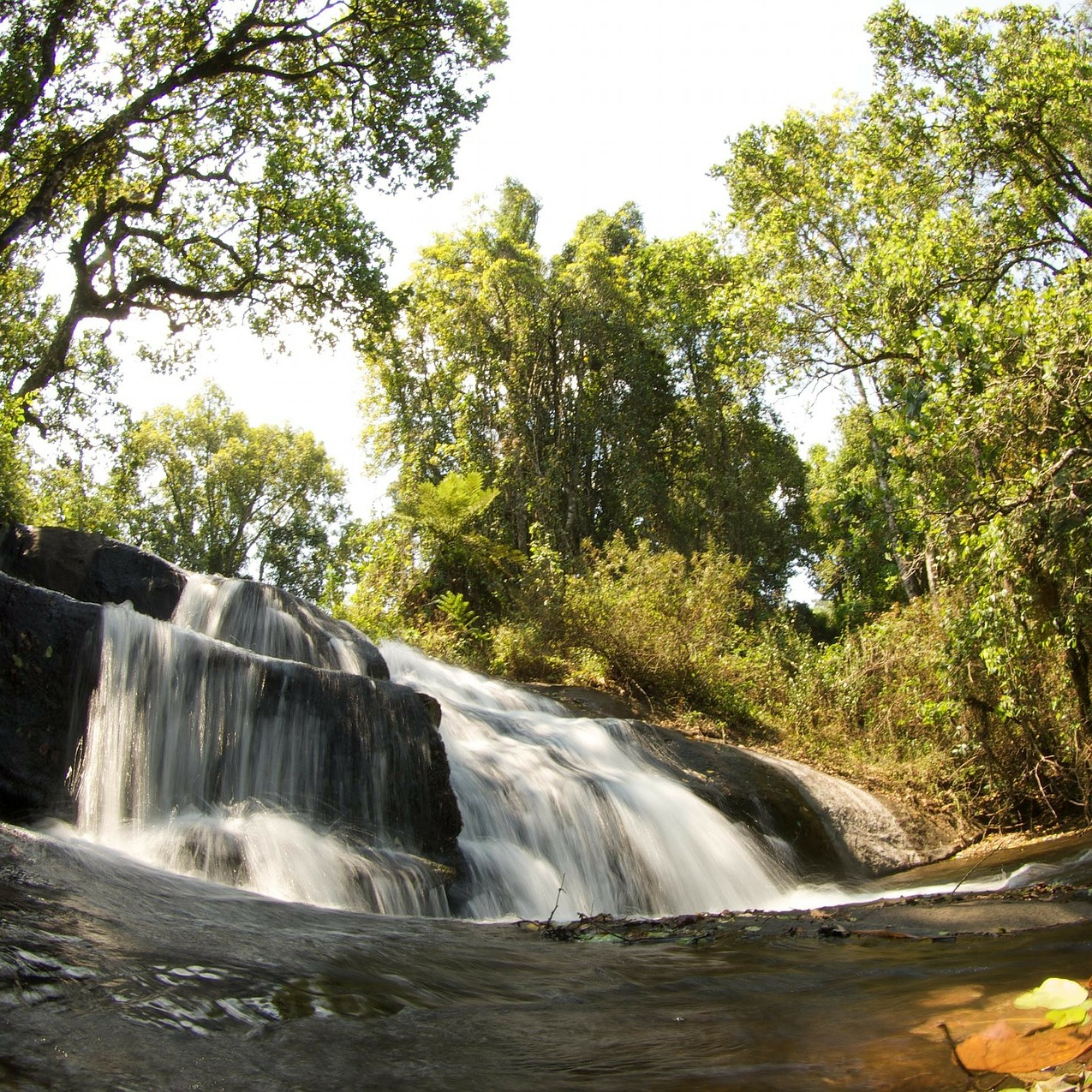
Mulanje Massif
Outdoor lovers are thrilled by the mountain landscape with its ruggedness, gigantic granite walls and impressive altitude of up to 3000 m. The massif developed already in the Cretaceous period, archaeological investigations found traces of human activities from the Stone Age.
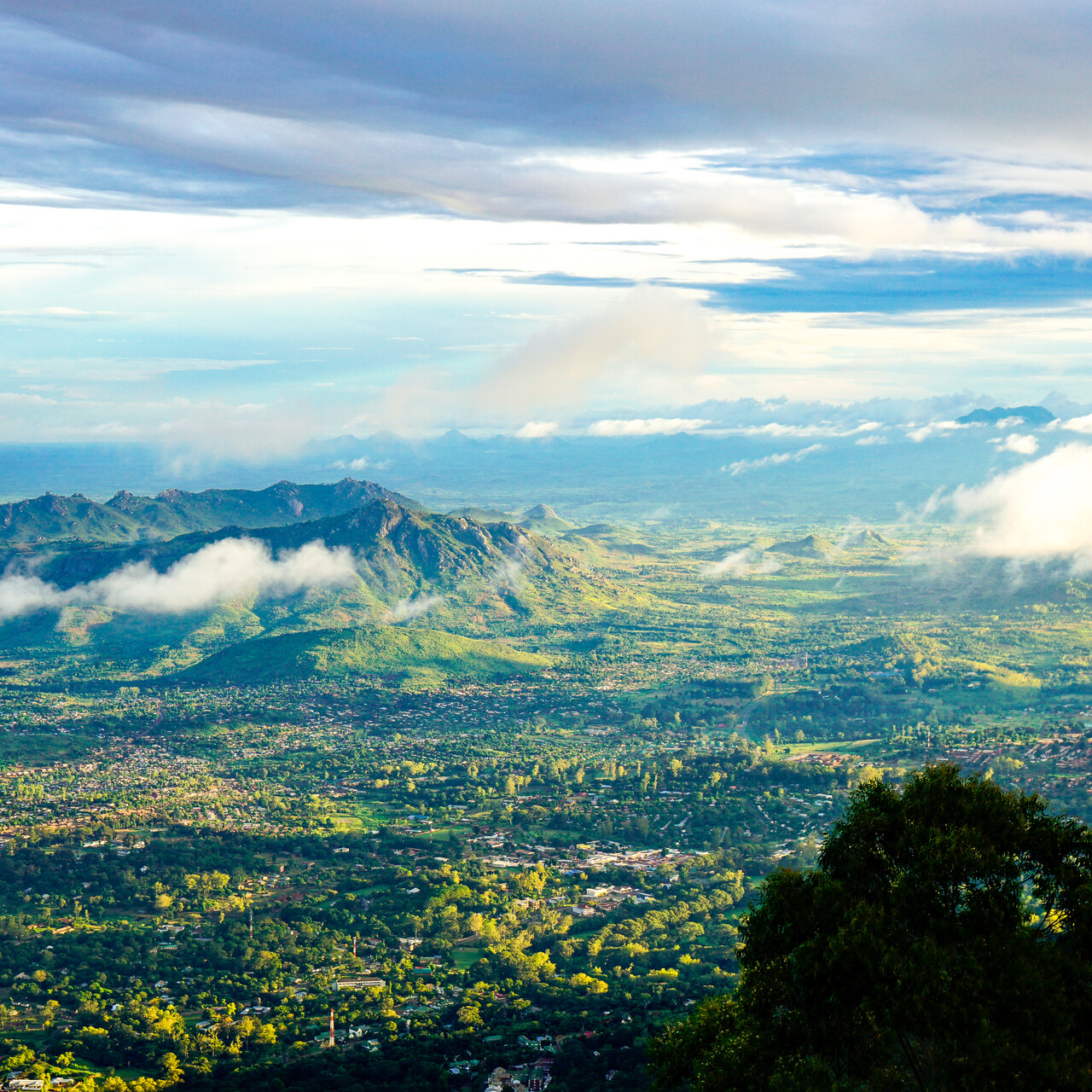
Nyika National Park
The country’s largest national park stretches across the Nyika Plateau, which is predominantly covered by grassland. Due to the high altitude, an extraordinary biodiversity has developed here. Lions, leopards, zebras, kudus, antelopes, elephants and many more are at home here.
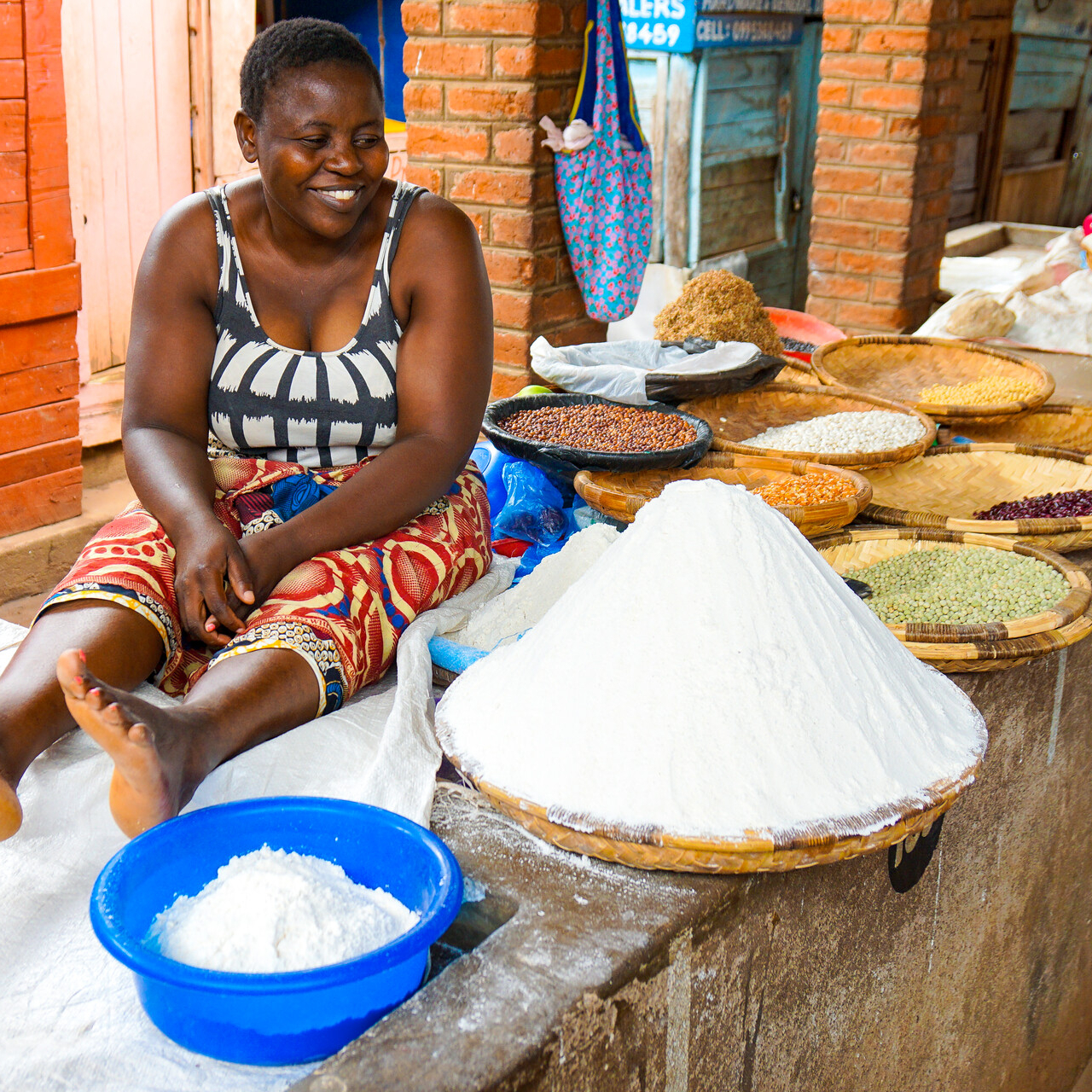
Hospitality
Malawi is considered one of the friendliest countries on earth. In everyday situations it is easy to get into conversation with the locals, joy and laughter are shared with everyone. Time for a village or market visit should therefore not be missed.
Tourist infrastructure
There are international connections to the capital Lilongwe and to Blantyre. Malawi has a relatively well-developed road network, although only a fraction of the roads, including the important north-south connection, is paved. Most of the time one drives on gravel roads.
Since tourism in the country is still developing the number of accommodations in Malawi is manageable. In the touristically developed regions (bigger cities, national parks, Lake Malawi) one can find accommodations in different categories.
Climate and travel season
Malawi has a subtropical climate, temperatures are warm all year round with up to 30 °C. Like many African countries, a distinction is made between a rainy and a dry season. The dry season extends from April to October and temperatures cool down to 25 °C for short periods. Between November and March one speaks of the rainy season, with most rainfall occurring in December and January. Temperatures vary depending on the altitude, generally it is a bit hotter and more humid in the lower areas.
The ideal time to travel are the weeks after the end of the rainy season, when all plants are in bloom and it is pleasantly warm.
Visa and entry
To enter Malawi, Germans, Austrians and Swiss need a passport and a visa. The passport must be valid for at least six months. The visa must be applied for online at www.evisa.gov.mw/. After a successful check, the applicant will receive an „Entry Permit“, a printed copy of which must be carried on entry.
Since the regulations can change at any time, all information are non-binding and without guarantee. Please observe the visa regulations and the current information of the Federal Foreign Office / Federal Ministry European and International Affairs / Federal Department of Foreign Affaires at all times.
Impressions from Malawi
(Click to enlarge)
Stories
International Hotel Chains Are Driving the Hotel Boom in Africa
Frankfurt, 03 April 2024 - The "Big 5" of global hotel chains - Accor, Hilton, IHG, Marriott International and Radisson ...
Internationale Hotelketten treiben den Hotelboom in Afrika voran
ReThinking Africa Initiative setzt sich für Investitionen in Afrikas Tourismuswirtschaft ein Frankfurt, 03. April 2024. Die „Big 5“ der globalen Hotelketten ...
Voice4Africa x ReThinking Africa News March
KLEBER Group x ReThinking Africa News March 2024 Content Foreword Investment in Africa's tourism industry as a driver for sustainable ...
Our partners for Malawi
Visa, Entry, and Updates
Current accessibility
Corona precautionary measures
Status: 05.10.2021


